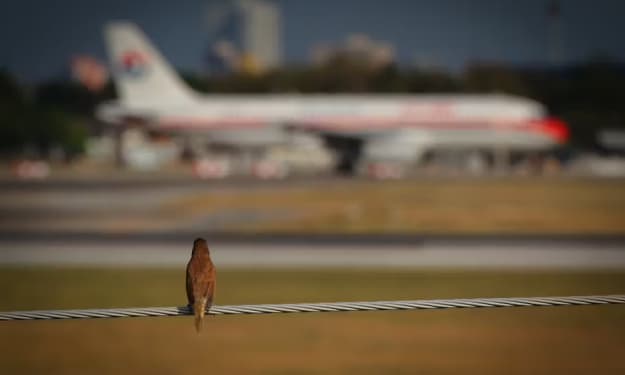What is the difference between DASA and CIWG
A comparison of the eligibility criteria, seat availability and fee structure between dasa and ciwg for international students seeking admission to engineering colleges in india.

The Indian government provides a number of programmes to assist students who wish to pursue studies overseas. DASA (Direct Admission of Students Abroad) and CIWG (Children of Indian Workers in Gulf Countries) are two examples of these programmes.
DASA stands for "Direct Admission of Students Abroad". Non-resident Indians (NRIs), people of Indian origin (PIOs), and foreign nationals (FNs) are now eligible to apply for admission to prestigious Indian institutes of technology (IITs), national institutes of technology (NITs), Indian institutes of information technology (IIITs), and government-funded technical institutions (GFTIs) in India, per a programme that the Indian government launched in 2019.
The undergraduate engineering programmes at these universities accept qualified applicants through the DASA scheme, and the admissions procedure is carried out using SAT scores and other eligibility conditions. The project gives NRIs, PIOs, and FNs the chance to pursue higher education in India and get accustomed to the academic and cultural climate of the country.
Indian workers' children programme is known as CIWG in the Gulf. The Indian government has taken the initiative to lower the tuition fees for children of Indian employees who are enrolled in Indian schools. The cost of enrolling in undergraduate engineering, technology, and other professional degrees for children of Indian expats is the same as it is for Indian citizens under this initiative. In order to encourage Indian expats to bring their children back to India for further study and to give them better possibilities for the future, the scheme was created in 2010.
To reduce the tuition fees for foreign students attending Indian colleges, the Indian government established two separate schemes, DASA and CIWG.
For foreign nationals who are PIOs (Persons in Ordinance) who want to enrol in undergraduate engineering programmes in India, there is a programme called "Direct Admission of Students Abroad" or DASA.
(Persons of Indian Origin), of Indian Origin), NRIs (Non-Resident Indians), or OCIs (Overseas Citizens of India).
These students are qualified to apply for admission to major engineering colleges in India, such as the Indian Institutes of Technology (IITs) and National Institutes of Technology (NITs), based on the results of their SAT subject exam. Although the fees these students pay are often higher than those of Indian students, the DASA scheme waives some of those costs for them.
In contrast, the CIWG programme is designed exclusively for Indian children of Gulf workers who want to enrol in undergraduate engineering, technology, and other professional programmes in India. These students are eligible for the same undergraduate tuition rates under this programme as Indian residents. While DASA is applicable to all foreigners seeking admission to engineering programmes in India, the CIWG plan is solely available to students from Gulf countries.
The Commonwealth Scholarship and Fellowship Plan, the National Overseas Scholarship Scheme for SCs and STs, and the Prime Minister's Scholarship Scheme for the Central Armed Police Forces and Assam Rifles are other government programmes in addition to these. These programmes offer eligible students financial aid for continuing their education at international universities.
In general, these programmes are designed to give Indian students the chance to pursue higher education abroad and to help them succeed academically.
In conclusion, CIWG is a programme exclusively for children of Indian workers in Gulf nations seeking admission to undergraduate programmes in India, whereas DASA is a programme for all foreign nationals seeking admission to undergraduate engineering programmes in India. The eligibility requirements and application process for both scheme are different.
The Indian government created the DASA and CIWG programmes to give foreign students studying in Indian colleges fee breaks. While DASA is open to all foreigners seeking admission to undergraduate engineering programmes in India, CIWG is a programme designed exclusively for Indian workers' children in the Gulf who want to enrol in undergraduate programmes in India. Both programmes have unique eligibility requirements, application procedures, and fee schedules. These programmes show the Indian government's attempts to support international students and the offspring of Indian workers in the Gulf who wish to pursue higher education in India.
About the Creator
Knowledge Planet
Knowledge Planet is UAE’s most trusted entrance exam preparation institution for students in Class 9 till 12. For 9th and 10th grade students, we run a very powerful Foundation program, with the objective of laying a strong Science.....
Enjoyed the story? Support the Creator.
Subscribe for free to receive all their stories in your feed. You could also pledge your support or give them a one-off tip, letting them know you appreciate their work.






Comments
There are no comments for this story
Be the first to respond and start the conversation.